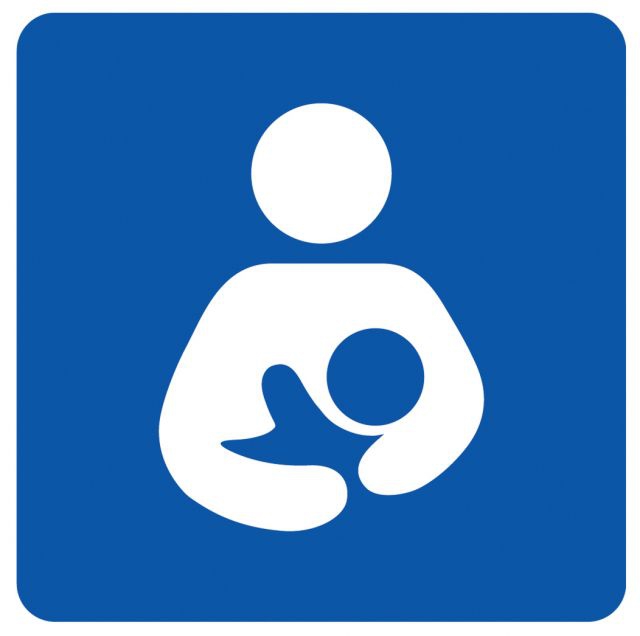The Ordinance ensures safety and cleanliness in addition to other facilities for lactating women.
California has a law regarding lactation in the workplace. It requires employers to provide a reasonable break time for an employee to express breast milk for one year after the child’s birth and in a place, other than a bathroom. The place is to be shielded from view and free from intrusion from co-workers and the public.
Enhancing this further, on June 30, this year, San Francisco mayor, Ed Lee signed the Lactation in the Workplace Ordinance, which offers increased protection for nursing mothers working in San Francisco.
California law requires employers to provide a reasonable amount of break time to accommodate employees and make reasonable efforts to provide them with a room, other than a toilet stall, in close proximity to the their respective work area, to express milk in private. The Ordinance further requires that the room be safe, clean, free of toxic or hazardous material, contain a surface to place a breast pump and other personal items, have a place to sit, and also access to electricity.
The room should be provided with a refrigerator and a sink, according to the enhanced law. The room may be used for multiple purposes, but employees must be put on notice that lactation takes precedence over other uses for the room. The Ordinance becomes effective January 1, 2018, and applies to anyone employed within the “geographic boundaries” of San Francisco.
As per the Ordinance every employer has to maintain a written lactation accommodation policy, which includes a statement of the right to request a lactation accommodation; and a process for requesting an accommodation, which specifies the means by which an employee may submit a request. It requires the employer to respond to any such request for accommodation within five business days; and also states that the employer and employee should engage in an interactive process to determine the appropriate accommodation.
If the request for accommodation is not granted, the employer must provide a written response identifying the basis for denial of the same. In addition, retaliation in response to a request is prohibited. As per the law, the policy must be distributed upon hire, included in any handbook and must be provided to any employee who enquires about or requests pregnancy or parental leave.
Employers are to maintain a detailed record of employee requests for lactation accommodation, for three years, complete with the employee’s name, the date of request, and a description of how the request was addressed.
Employers may be exempt from the Ordinance if its requirements would impose an undue hardship on the employer, for instance, performing construction to comply, removing seats from a restaurant, or removing retail floor space.



